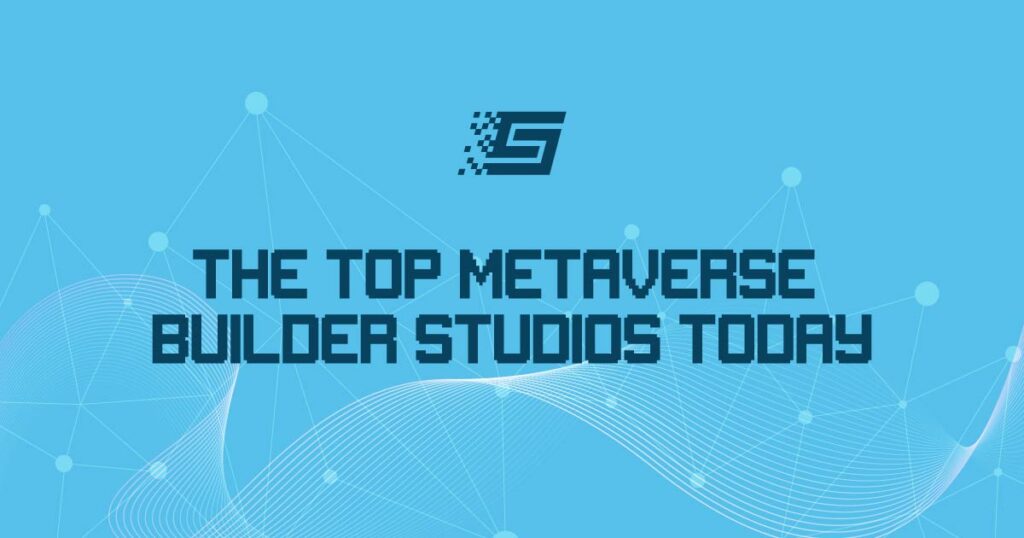What is Web 3.0?
Most crypto traders are familiar with concepts like non-fungible tokens, decentralized finance (DeFi), digital assets, crypto wallets, and the metaverse. If you are familiar with those concepts, you must have heard about Web 3.0.
If you are unfamiliar with the term, you dont need to be concerned. Many, like you, need help understanding this concept despite seeing the term regularly. As a way to provide information on this topic, this article will discuss the Web 3.0 concept.
Among other things, we will discuss the development of Web 3.0. We will also focus on some of its pros and cons. Additionally, we will reveal how this concept relates to blockchain technology and the crypto industry.
Introduction
The expression Web 3.0 was first coined by Gavin Wood, one of the founders of the Ethereum project. Web 3.0 is a potential future version of the internet that will utilize public blockchains as its base of operations.
Currently, blockchain technology serves primarily to facilitate decentralized crypto-based transactions. However, the developers behind Web 3.0 are keen on building a decentralized internet using blockchain technology.
The development of a decentralized internet is a revolutionary idea. Web 3.0 will significantly reduce the influence of internet companies like Meta, Google, and Apple on internet users. In place of these companies, users will own and control internet sections.
Apart from being decentralized, it will also be permissionless. Thus, this version of the internet will be free from the control of central authorities. As a result, users can access all internet services without central authorities’ interference.
In addition to being permissionless, Web 3.0 does not require “trust.” In simpler terms, financial intermediaries are not necessary to facilitate virtual transactions among users.
As a decentralized version of the World Wide Web, it eliminates all forms of data collection by internet companies, central authorities, and financial intermediaries. On that basis, Web 3.0 will protect its user’s privacy more than other versions of the internet.
Advantages
There are several advantages that users will enjoy with the launch of Web 3.0. These advantages include the following:
- More privacy for internet users.
- A better safety inspection system.
- Increased transparency for users
- Users will be able to own and profit from their data.
- Better search results for users.
- A more personalized internet experience.
- Blockchain technology will ensure airtight data storage services are available.
- Eliminating the influence of nig-name internet companies.
Disadvantages
- Setup costs a lot of money.
- As a private internet, they may be an increase in the propagation of unverified news.
- Web 3.0 will be automated using AI/ML technology integration, leading to substantial job losses.
Blockchain technology is central to the development of Web 3.0. What is blockchain technology? How are they related? The next section of this guide will answer both questions.
Blockchain and Web3.0: What’s the Connection?
As a concept, blockchain technology became popular after the launch of the first digital currency, Bitcoin. The success of Bitcoin led to the massive adoption of blockchain technology globally.
As a result of its adoption, a wide range of decentralized services are now available in the crypto industry. These services include the development of Web 3.0.
What is Blockchain Technology?
Blockchains are data storage mechanisms that prevent or limit hacks, changes, and bypasses to its system. These data storage mechanisms are often distributed and managed by multiple individuals in different parts of the globe. This system ensures that the blockchain’s network is decentralized.
Due to the nature of their design, assets and protocols built on blockchain technology are usually impregnable. One must break through multiple layers of security across the globe to hack into such systems.
Blockchain’s Role in Web 3.0
Due to its effectiveness and safety features, blockchain technology has been adopted for developing decentralized apps. Thus it is fitting for this tool to feature prominently in developing a decentralized version of the internet.
Generally, most blockchains provide users with a decentralized public ledger showing all their platforms’ transactions. The system eliminates the role of central authorities. As such, blockchain technology will be very effective in developing a system for eliminating the need for central authorities on Web 3.0.
In place of a central authority, blockchain networks are secured using miners or validators. These individuals are tasked with validating transactions on blockchains. For their efforts, miners or validators earn rewards. Such rewards help to motivate validators to protect the blockchain.
On a final note, blockchain provides a unique set of data under the supervision of its validators. Additionally, this layer state allows for the transfer of copy-protected files. The result is the development of secure and swift peer-to-peer transactions without intermediaries.
Its features make blockchain technology the perfect tool for building Web 3.0. Some of these include decentralization, transparency, P2P transactions, and security.
Web 3.0 Wallets
Unlike Web 1.0 and Web 2.0, Web 3.0 will feature crypto wallets. Regarding their definition, Web 3.0 wallets are digital wallets that can be used to store digital currencies and non-fungible tokens.
These wallets will provide users with access to economic opportunities that come with Web 3.0. They will also provide an opportunity for users to interact with decentralized apps.
In terms of its advantages, Web 3.0 wallets allow users to store their digital assets without help from third-party platforms. This feature is convenient for users who wish to maintain an independent Web 3.0 wallet. However, users must protect their private keys or seed phrase from theft.
These crypto wallets are not subject to Anti Money Laundering and Know Your Customer requirements. Thus, utilizing Web 3.0 wallets will help individual users maintain online anonymity and privacy.
Although Web 3.0 wallets guarantee anonymity, users can link their wallets to platforms under the control of central authorities.
Conclusion
Web 3.0 is the internet of the future. Currently under development, its launch will begin a shift to a decentralized internet space. Built on blockchain technology, it will significantly reduce the influence of central authorities and big-name internet companies.


